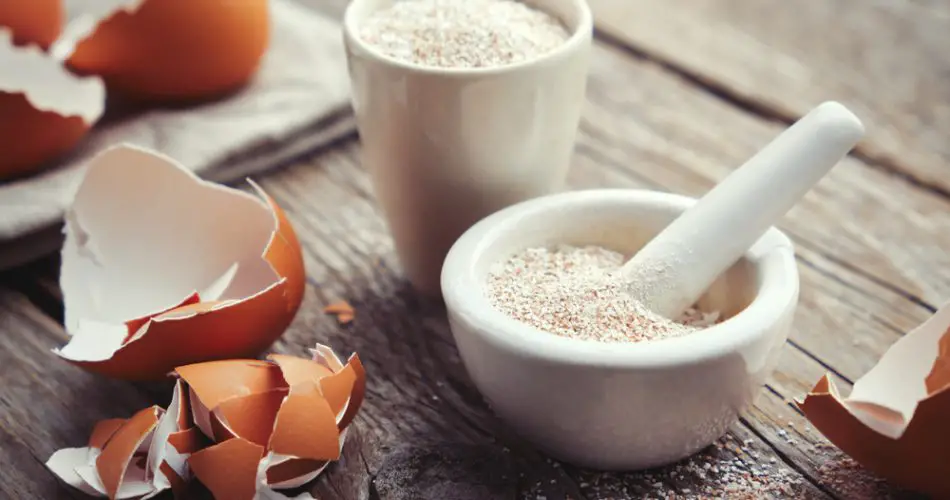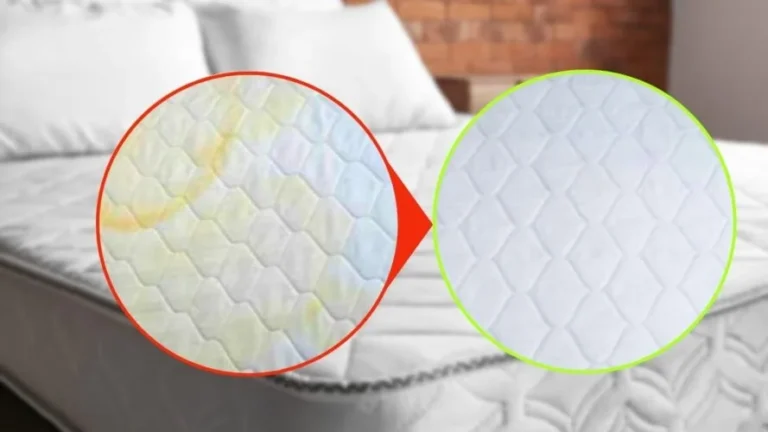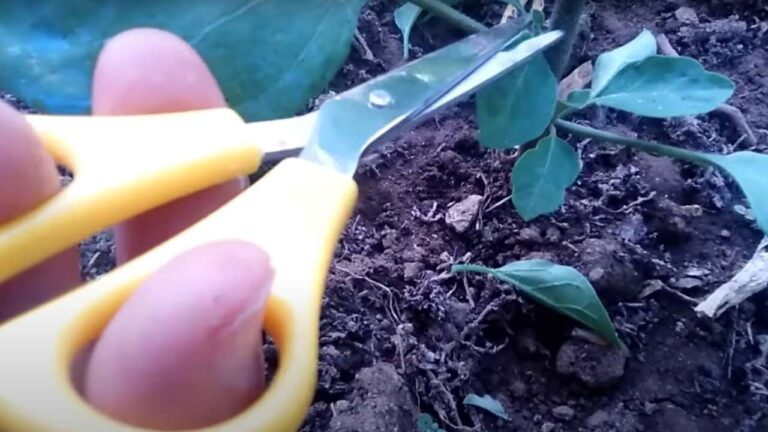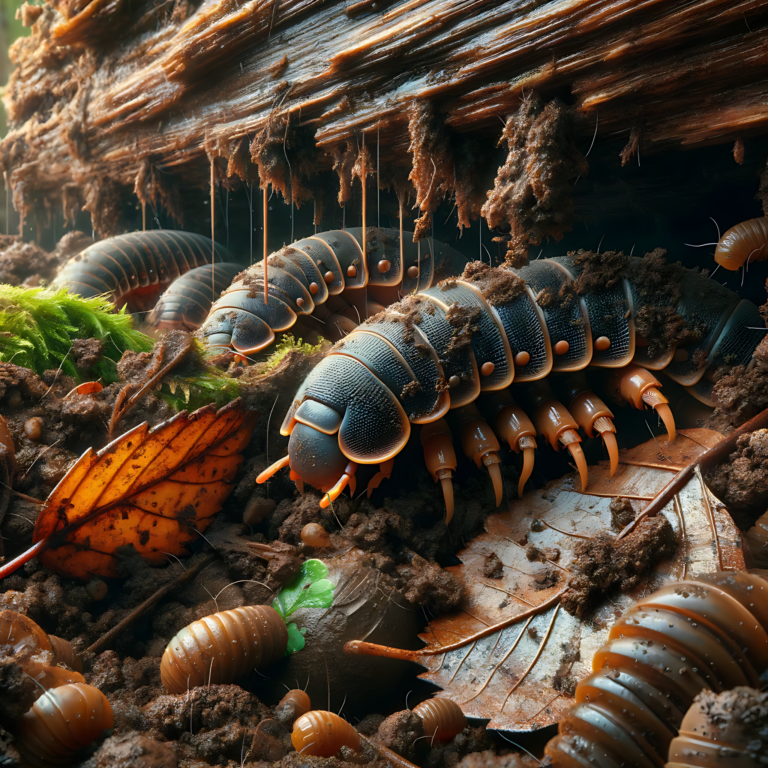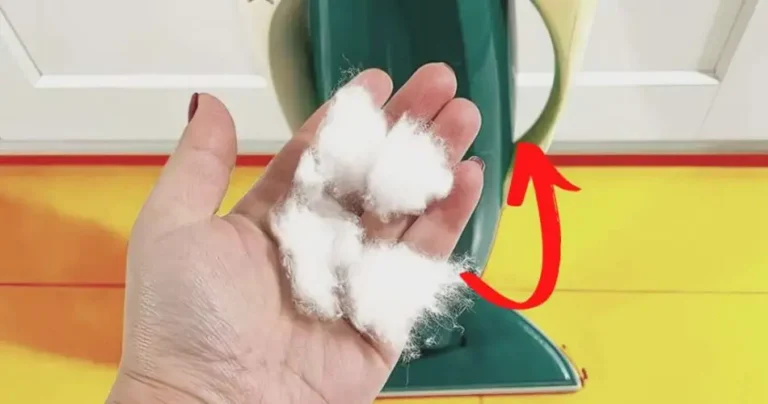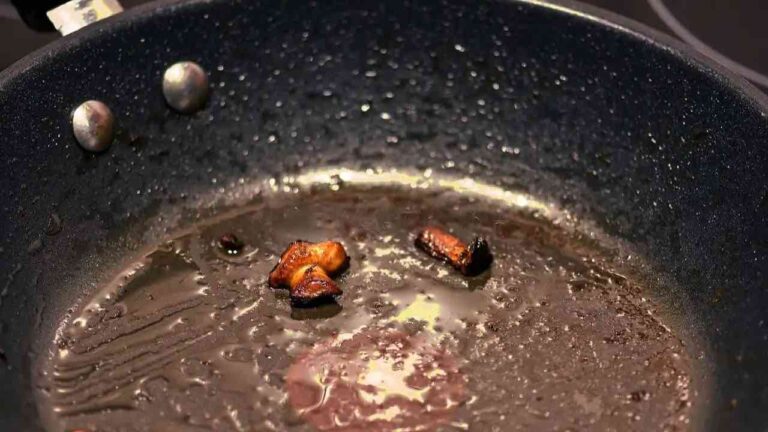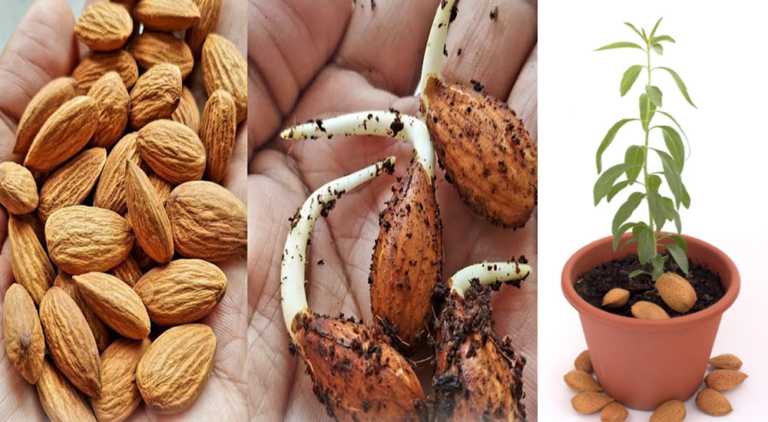Turn your eggshells into a miracle spray for your plants!
Turn your eggshells into a miracle spray for your plants!
Plants need water, light, air and food. In gardens and balconies, the supply of nutrients is often ensured by ready-made fertilizers that can be purchased in garden and plant stores, which usually contain chemical additives, are packaged in plastic and also cost money.
However, every household produces valuable organic waste daily, which is thrown into the organic waste bin, compost or bokashi bin. You can easily make your own fertilizer from many organic wastes, which can replace finished products, for example from eggshells.
Why are eggshells a good fertilizer?
Limestone (calcium carbonate or CaCo3) is an essential component for healthy plants, as it allows the absorption of all other minerals. Lime loosens the soil and creates optimal conditions for roots to absorb nutrients. With a limestone content of 90%, eggshell is an excellent source of limestone.
Lime is not the only benefit, the other 27 micronutrients contained in eggshells are also great. These include fluorine, copper, iron, manganese, molybdenum, phosphorus, sulfur, zinc and silicon.
Make your own eggshell fertilizer
To make liquid fertilizer from eggshells, you only need two ingredients:
- Shells of 1 to 2 eggs
- 1 liter of water
This is how you should proceed:
- Crush or grind the eggshells to as fine a powder as possible, for example with a mortar, mixer or coffee or spice grinder. Two wooden boards between which the eggshells are crushed also work.
- Place the crushed peels in a container and pour a liter of water. Let everything sit for 12 hours so that the minerals dissolve in the water.
- Pour the water through a fine strainer or filter bag into a watering can.
Your liquid lime fertilizer made from kitchen waste is ready!
Tip: You can spread the undissolved peels on your plants’ soil or add them to compost.
Tips for correct fertilization:
As is often the case, excess fertilizer does not bring any benefit. Therefore, it is advisable to take into account the needs of your plants and the lime content of the water.
- To learn how to turn other organic waste into natural fertilizer for your plants, read the article “Waste as Fertilizer.” Vegetable manure is also a nutrient-rich natural fertilizer, such as nettle manure.
Have you ever experimented with homemade fertilizers? We’d love for you to share them in a comment!
